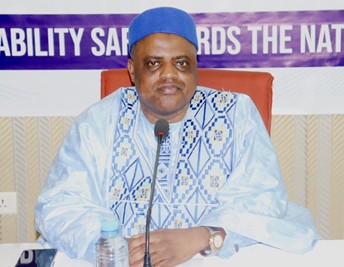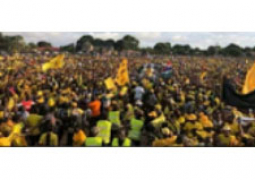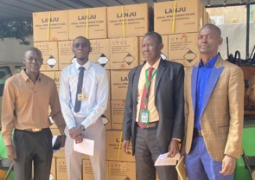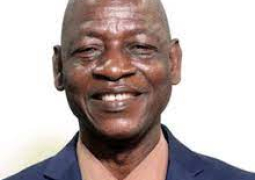
In a candid moment, Ceesay admitted the move was “strange”, raising questions about government respect for the independence of the transitional justice body.
In his testimony, Mr Ceesay walked lawmakers through the days leading up to what he stated as his “only prominent interaction” with the Janneh Commission.
He recalled that the matter first surfaced during a Cabinet meeting, where a minister whose name he refused to disclose requested that tractors earmarked for auction be diverted to tertiary and higher education institutions engaged in agriculture.
“This came under Any Other Business, not a formal Cabinet paper,” he explained. “The request was for Gambia College and the University of The Gambia to benefit before all the tractors were sold off.”
According to Ceesay, Cabinet agreed, and the Minister for Justice undertook to approach the commissioners directly, even though ministers themselves acknowledged the commission was independent. When pressed by the counsel, Ceesay conceded: “It can be seen as abnormal, but it was not an imposition. It was an appeal.”
He narrated that after discussions between the Justice Minister and President Adama Barrow, then-Secretary General Habib Drammeh summoned Ceesay to his office. There, Ceesay said, he was instructed to call the Janneh Commission’s Executive Secretary, Alhaji Mamadi Kurang, to halt the auction at the Maintenance Services Agency.
“I used the Secretary General’s phone to call him persistently,” Ceesay recounted. “When we couldn’t reach him, I was told to go to the site in person and relay the message. Mr Kurang refused to take verbal instructions.”
Confronted by counsel as to whether he found it odd that the Office of the President was calling the commission directly instead of leaving it to the Justice Minister, Ceesay paused before admitting: “Yes, it was strange.”
The tractors were eventually auctioned, suggesting that the Commission stood its ground despite government pressure.
Counsel asked why Cabinet knowing the Commission was independent, choose to interfere in its operations. And why was no formal report ever returned to Cabinet after the Justice Minister’s engagement.
Ceesay maintained that the Justice Minister briefed the president privately but never reported back to Cabinet. “Certain issues are discussed directly with the chairman of Cabinet; that is, the president,” he said. “After that meeting, the matter never came back to Cabinet again.”




